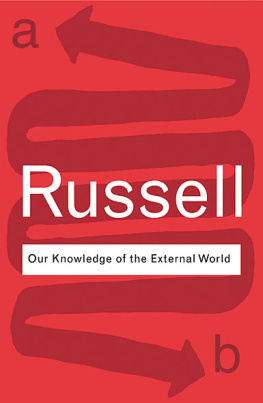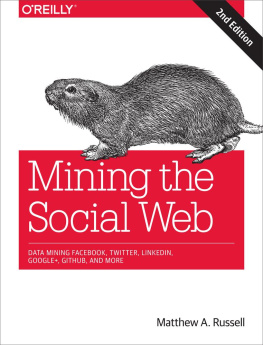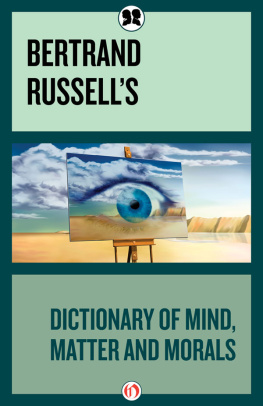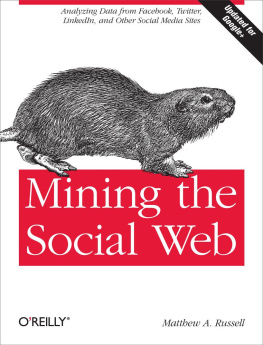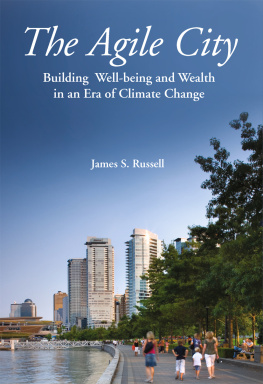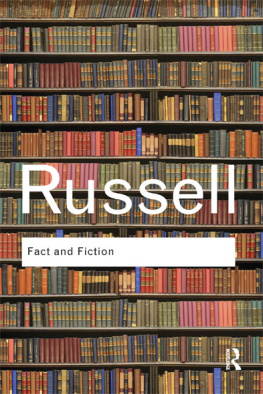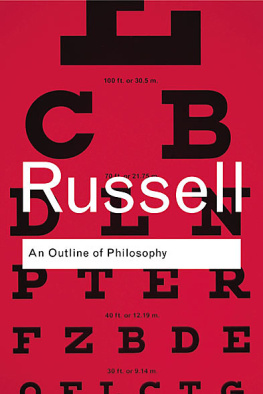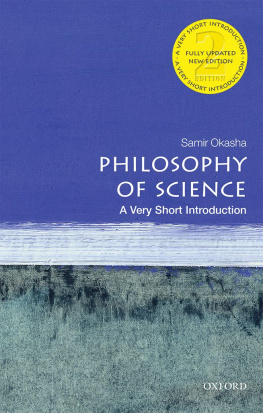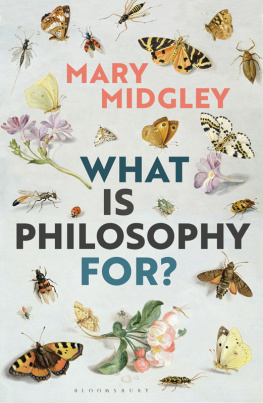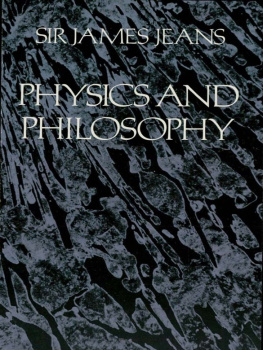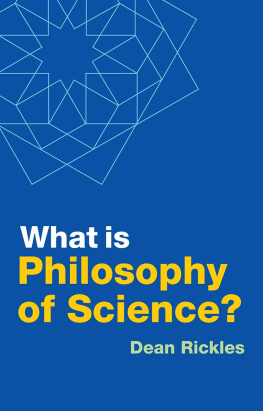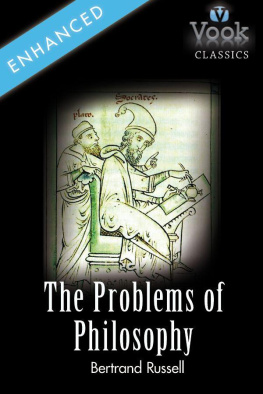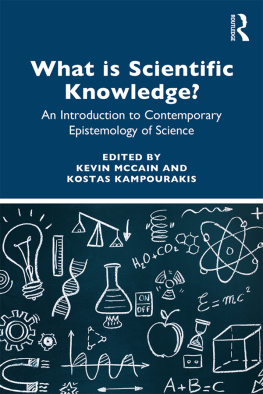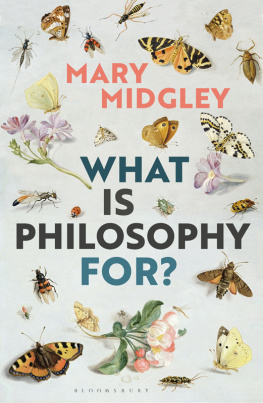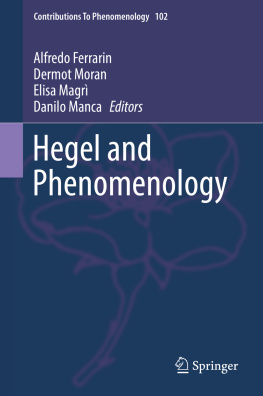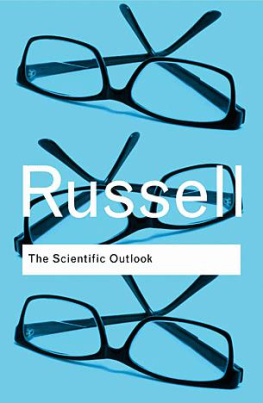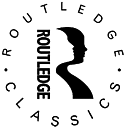This edition first published in 1914
by Open Court Publishing Company
First published in Routledge Classics 2009
by Routledge
2 Park Square, Milton Park, Abingdon, Oxon OX14 4RN
Simultaneously published in the USA
by Routledge
270 Madison Ave, New York, NY 10016
Routledge is an imprint of the Taylor & Francis Group, an informa business
This edition published in the Taylor & Francis e-Library, 2009.
To purchase your own copy of this or any of Taylor & Francis or Routledges collection of thousands of eBooks please go to www.eBookstore.tandf.co.uk.
2009 The Bertrand Russell Peace Foundation Ltd
Introduction 1993 John G. Slater
All rights reserved. No part of this book may be reprinted or reproduced or utilized in any form or by any electronic, mechanical, or other means, now known or hereafter invented, including photocopying and recording, or in any information storage or retrieval system, without permission in writing from the publishers.
British Library Cataloguing in Publication Data
A catalogue record for this book is available from the British Library
Library of Congress Cataloging-in-Publication Data
Russell, Bertrand, 18721970.
Our knowledge of the external world : as a field for scientific method in philosophy / Bertrand Russell.
p. cm.(Routledge classics)
Orignally published: Chicago : Open Court Pub. Co., 1914.
Includes bibliographical references and index.
1. Knowledge, Theory of. 2. Logical atomism. I. Title.
B1649.R93O8 2009
121dc22
ISBN13: 978-1-134-02691-3 ePub ISBN
ISBN10: 0-415-47377-2 (pbk)
ISBN13: 978-0-415-47377-4 (pbk)
ISBN10: 0-203-87536-2 (ebk)
ISBN13: 978-0-203-87536-0 (ebk)
INTRODUCTION
This book is the printed version of the Lowell lectures which Russell delivered in Boston during the spring of 1914. The Lowell Institutes invitation had arrived and been accepted early in 1913, but the topic of his lectures was finally settled only late in June. This topic was his second choice. His first, the place of good and evil in the universe, was rejected by the Institute on the ground that the terms of the trust did not allow lecturers to question the authority of Scripture. He called his approved topic popular lectures on scientific method, which afterwards, for a reason to be mentioned later, supplied the subtitle of the delivered lectures and of the published book.
In at least two places Russell had recorded his memory of the writing of Our Knowledge of the External World. In his Autobiography, which was written in the early 1930s and revised in spurts, beginning shortly after the Second World War and ending only with its publication in 1967, he gave a dramatic account of its genesis. And in 1951 in a talk called How I Write, which he broadcast on the BBC and which is published in Portraits fromMemory and Other Essays (1956), he told the same story again, and made it even more dramatic:
I had undertaken to give the Lowell Lectures at Boston, and had chosen as my subject Our Knowledge of the External World. Throughout 1913 I thought about this topic. In term time in my room at Cambridge, in vacations in a quiet inn on the upper reaches of the Thames, I concentrated with such intensity that I sometimes forgot to breathe and emerged panting as from a trance. But all to no avail. To every theory that I could think of I could perceive fatal objections. At last, in despair, I went off to Rome for Christmas, hoping that a holiday would revive my flagging energy. I got back to Cambridge on the last day of 1913, and although my difficulties were still completely unresolved I arranged, because the remaining time was short, to dictate as best as I could to a stenographer. Next morning, as she came in at the door, I suddenly saw exactly what I had to say, and proceeded to dictate the whole book without a moments hesitation.
He goes on to say: I do not want to convey an exaggerated impression. The book is very imperfect, and I now think that it contains serious errors. But it was the best that I could have done at that time, and a more leisurely method (within the time at my disposal) would almost certainly have produced something worse.
When Russells love letters to Lady Ottoline Morrell became available this story was shown to be without any basis at all. The Lowell Lectures were put into their final form in November of 1913. Though not so dramatic, the true story of their composition is impressive. Russell began writing the lectures on 1 September 1913, setting for himself the goal of ten pages of manuscript per day. On 25 September he had a complete first draft, which he then proceeded to revise and expand for the typist. The principal change he made was in the order of the lectures. As they flowed from his pen, he realized, by 23 September, that his original order was not the best one, nevertheless, since he had thought his problem through in that order, he persevered with it. The problem of matter has grown clearer to me while I was writing. I find the order of the lectures is wrongI will rearrange them when I have finished. From what you say, I suppose the third and fourth are the most difficult; if so, I had better put them at the end. I think I can build the whole course around the problem of our knowledge of the external world, and bring in Zeno in that connection, towards the end of the course. It will make the whole much better (no. 875). Thus the title became the subtitle.
During October he worked at putting the lectures into their final form. It was not until he began the revisions that he came up with what he believed was the most important new idea in the whole course of the lectures. On 1 October he wrote to Lady Ottoline that, when he was revising what is now , he had got a new idea about matterthe distinctions and relations of the three kinds of space (no. 881). On 9 November he told her that the revisions were complete and that the whole lot had been sent to the typist; and on 2 December he reported that he was correcting the typed lectures. From these contemporary letters we know that the dramatic story recounted above is not true. But what was Russell remembering that led him to publish this extraordinary story, not once but twice?
Kenneth Blackwell, the archivist of the Bertrand Russell Archives, has provided us in Russell: the Journal of the Bertrand Russell Archives

